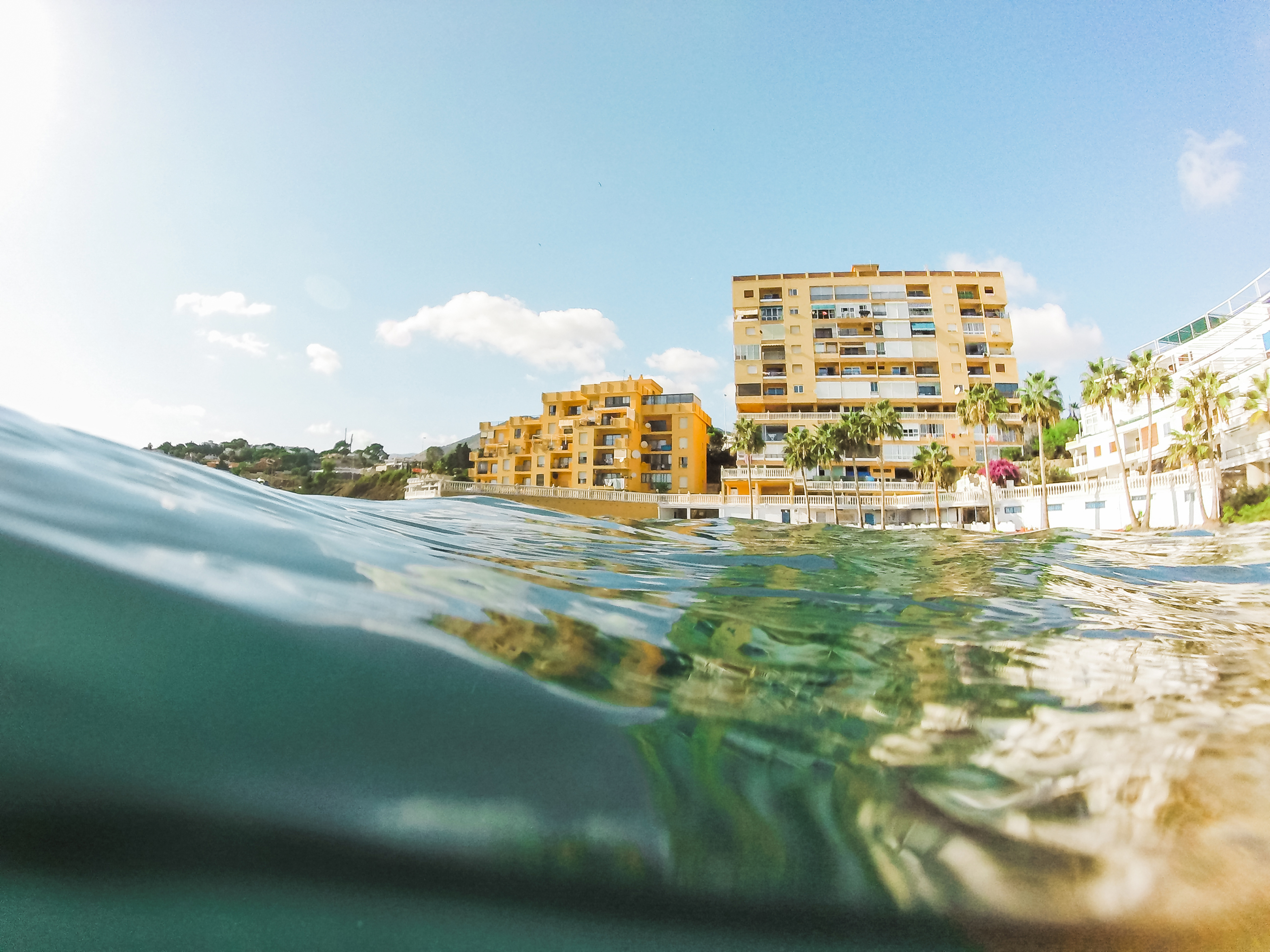Tips
Residence Permit in Spain Through Property Purchase: What You Need to Know in 2025

Since April 2025, Spain has officially stopped issuing "golden visas" – a program granting residence permits (RPs) through property investments. Many still do not understand what this means for those who dreamed of moving to sunny Spain. In this situation, it is especially important to find a reliable real estate agency in Spain that can guide you through all the nuances of buying property and alternative ways to obtain a residence permit.
What happened with the investment program
The "golden visa" program operated since 2013 and allowed obtaining a residence permit by purchasing property from €500,000. During the program's existence, more than 22,000 people received it. But in April, the government officially ended it.
The reasons for the cancellation are quite simple – rising housing prices and dissatisfaction among locals. Allegedly, foreign investors buy up all the property, leaving Spaniards with nowhere to live.
Although experts note that the program’s impact on the real estate crisis was exaggerated – transactions under the "golden visa" accounted for only a small portion of the overall market.
What happens to already issued residence permits
Here is good news: visas and permits for investors valid on the date the amendments came into force remain valid for the period they were issued.
So, if you managed to obtain a residence permit before April 2025 – you can rest easy. Renewals will follow standard rules.
Alternative ways to get a residence permit
But what about those who missed out? Options exist, but they are significantly more complicated:
-
Residence permit for self-employed – requires proving a business plan and financial stability
-
Student residence permit – through enrollment in Spanish universities
-
Residence permit for retirees – requires a stable passive income
-
Work visa – through employment
Each of these options has its own pitfalls and requires much more time and effort.
Real estate market after the program cancellation
Interestingly, after the announcement in August 2024, the number of applications for the "golden visa" tripled. Everyone wanted to apply before the program closed.
Now, the real estate market is, in a sense, "resting" from investment hype. Prices remain high, but the growth rate has slowed.
A competent real estate agency in Spain now works more with regular buyers – those who simply want to live in the country, not obtain documents for money.
Read also: A trip to Prague without children — TOP unique places worth visiting for adults

Regional specifics of buying property
If you still decided to buy property just for living (without a residence permit), choosing the region remains important.
-
Catalonia remains the most expensive, but potential price growth is better.
-
Valencia attracts with its price/quality of life ratio.
-
Andalusia has excellent climate, but the economy is not as dynamic.
The Canary and Balearic Islands have their own rules – restrictions on property purchases by foreigners apply in certain areas. Plus, all goods are more expensive due to island location.
Tax implications of owning property
Even without a residence permit, owning Spanish property creates tax obligations. Property tax (IBI) must be paid in any case – roughly a percentage of the cadastral value.
If you spend more than 183 days a year in Spain, you automatically become a tax resident. Then all global income must be declared.
Many do not consider this when buying and later face unpleasant surprises from the tax authorities.
Practical aspects of buying property
Opening a bank account for buying property is possible even without a residence permit, but it has become more complicated. Banks require more documents and verify the source of funds more thoroughly.
Notary fees, purchase taxes, and cadastral registration – all remain. Allocate 10–12% of the property price for additional expenses.
Should you buy property in Spain now
Without the possibility of obtaining a residence permit, buying property in Spain becomes purely an investment or personal decision.
If you plan to spend a lot of time there, have a stable income, and are ready to handle Spanish bureaucracy – why not? The climate hasn’t changed, and the quality of life is still high.
But as an investment, Spanish property is not the most profitable. Rental yields are low, taxes are steep, and price growth is not as impressive as in other European capitals.
What’s next with immigration policy
Other EU countries are also tightening investment citizenship programs. Portugal has already canceled the possibility of obtaining a residence permit through property purchase, and Greece raised the minimum threshold.
It seems the era of "golden visas" in Europe is coming to an end. The EU increasingly emphasizes risks of money laundering and corruption linked to such programs.
Perhaps in the future, new programs will emerge – more socially responsible, focused on long-term investment in the economy, not just property purchases. But for now, this is only speculation.
Meanwhile, those who want to live in Spain will have to follow traditional paths – through work, study, or family reunification. Not as fast, but more reliable.
Elena Chernenko
Elena is a recognized expert in the bus transportation industry. With a deep understanding of the industry and a wealth of experience, Elena has earned a reputation for reliability working with both large carriers and private companies. Her expertise includes route planning, safety analysis and efficiency of transportation solutions.
In her blog, Elena offers professional advice, reviews current market trends and shares her experience to help readers better understand the world of bus transportation.
Related publications
January 26, 2026
January 05, 2026




